Water: an essential resource
Water: an essential resource
The challenge of protection from chemical and microbiological hazards
Introduction to the Sustainability series
This MOOC is part of the series on “Sustainability”, which is one of the world’s major challenges of today and tomorrow and requires multidisciplinary competences. The series provides technical knowledge on a variety of topics, such as sustainable building, energy transition, water management and food waste prevention.
See the full seriesCourse description
One of the most obvious claims in our everyday life is the importance of water, often called the blue gold. Anyway, we are often incapable of shifting this importance in tangible actions aimed at protecting this resource and optimizing its use. Past and present anthropic pressure has heavily impaired fresh water, usually supplied for drinking water production. Water utilities and water-treatment practitioners were unprepared to effectively face the challenge of a growing high-quality water demand, especially in climate change scenarios. We need to think out of the box, creating multi-disciplinary panels of experts able to exploit the advances in chemistry, environmental engineering, and ICT to effectively join human health protection and economic and social development. In this sense, stakeholders’ involvement is essential to success.
This MOOC wants to communicate the challenge of protecting water and then human health from chemical and microbiological hazards, as well as the multidisciplinarity required by this challenge by providing some key elements about water quality, protection and remediation, sustainable drinking water production, online monitoring, and finally advanced computing for process control. Moreover, a broader perspective to investigate the experience of water supply will be introduced. For instance, participants will be invited to observe and understand people’s practices around drinking water, exploring approaches and tools derived from service and product design to support behavioral change. It fulfills SDG6, covering almost all its set targets, but also some relevant targets in SDG11, SDG12, and SGD15, considering the strict connection among safe water provision, robust cities/societies development, and sustainable consumption.
The course is structured in 3 weeks:
- Week 1 – The anthropic water cycle
- Week 2 - Water treatments
- Week 3 - Big data and advanced computing
Total workload of the course: 6 hours
This MOOC is provided by Politecnico di Milano.
Intended Learning Outcomes
By actively participating in this MOOC, you will achieve different intended learning outcomes (ILOs).
Week 1
- Describe the principal contamination sources that threaten, locally and globally, the chemical and microbiological water quality
ESCO: monitor water quality - Recognize the different ways in which water quality is related to human and environmental health
ESCO: monitoring environmental conditions - Identify emerging pollutants and their characterizing factors, as well as their propagation pathways
ESCO: investigate pollution ESCO: urban pollution implications - Indicate the parameters that define drinking water quality, their organoleptic properties, and their benefits or harmfulness for humans
ESCO: interpret scientific data to assess water quality - Discuss core concepts of human health and environmental risk assessment, inherent uncertainties, and risk management techniques for implementing regulations
ESCO: assess environmental impact - Explain the basic difference in deterministic and probabilistic approaches to modeling and risk assessment
ESCO: draw up risk assessment - Discuss the experience of water supply to act on behaviors with awareness, having clear in mind what people's practices are and which are the obstacles to behavioral change
ESCO: inform on water supply - Compare different research methods around water quality assessment and design; these include service design, product design, urban ethnography, and social practices analysis
ESCO: measure water quality parameters
Week 2
- Explain the major novel chemical issues for groundwater
ESCO: advise on soil and water protection - Compare technologies to remediate groundwater
ESCO: advise on environmental remediation ESCO: assess groundwater environment impact - Indicate the key factors affecting the sustainability in groundwater remediation
ESCO: advise on sustainability solutions - Identify the main operation units (i.e. removal processes) available for drinking water production
ESCO: perform water treatments ESCO: manage water distribution procedures - Discuss the criteria to be adopted to define resilient treatment trains, including the key factors affecting distribution network management to assure water quality stability during transport
ESCO: water policies - Discuss issues related to migration from materials in contact with water and actions to mitigate the risk for the final consumers
ESCO: use environmental friendly materials - Describe the eco-design approach from the bench level for the production of (nano)materials for water treatment, including acquisition of general green principles for sustainable and eco-safe solutions
ESCO: nanomaterials
Week 3
- Indicate the Machine Learning (ML) and Online Learning (OL) techniques used in the water monitoring field
ESCO: machine learning - Explain how to apply the ML and OL instruments for advanced real-time monitoring of water quality
ESCO: utilise machine learning - Identify electrochemical and physical-chemical sensors for monitoring water quantity and quality
ESCO: sensors - Discuss the challenges in miniaturizing electronics for distributed water monitoring
ESCO: microelectronics - Identify innovative technologies for the detection of slime and deposits in pipes and the Dirty Sensing project for the monitoring of drinking water distribution networks
- Describe modeling techniques based on Computational Fluid Dynamics and the application of these tools in the water industry
ESCO: computational fluid dynamics
Prerequisites
No prerequisite knowledge is required for this course.
Activities
Over and above consulting the content, in the form of videos and other web-based resources, you will have the opportunity to discuss course topics and to share ideas with your peers in the Forum of this MOOC.
Assessment
Your final grade for the course will be based on the results of your answers to the assessed quizzes. You have an unlimited number of attempts at each quiz, but you must wait 15 minutes before you can try again. You will have successfully completed the course if you score a total of 60% (or higher) in each of the assessed quizzes.
The maximum score possible for each quiz is given at the beginning of the quiz. You can view your score in the quiz on your last attempt or on the 'Grades' page.
Certificate
You can achieve a certificate in the form of an Open Badge for this course, if you obtain, at least, 60% of the total score in the graded quizzes and by filling in the final survey.
Once you have completed the required tasks, you will be able to access ‘Get the Open Badge’ and start issuing the badge. Instructions on how to access the badge will be sent to your e-mail address.
The Badge does not confer any academic credit, grade or degree.
Information about fees and access to materials
You can access the course completely online and absolutely free of charge.
Course faculty
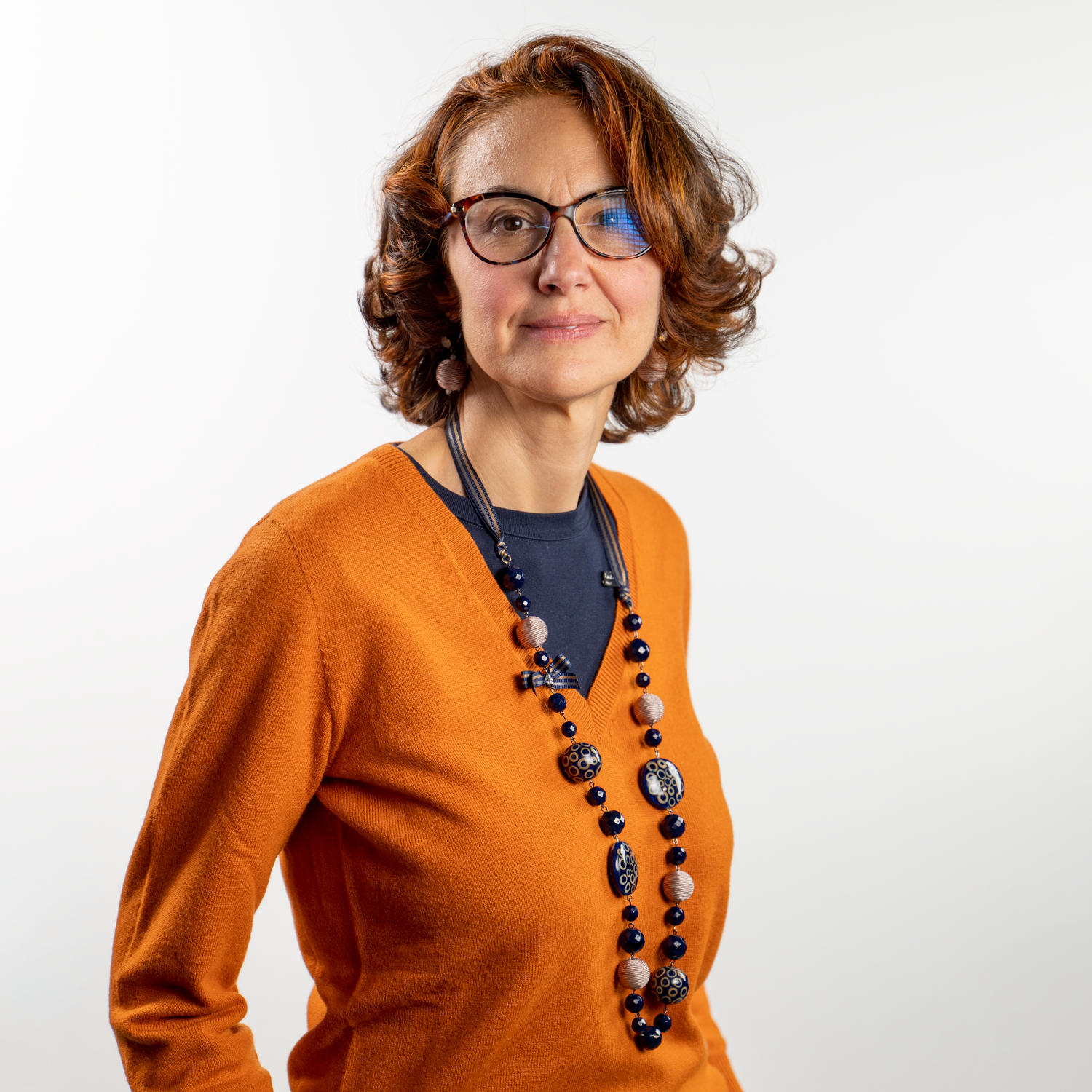
Manuela Antonelli
Teacher
Associate professor at Politecnico di Milano, DICA since 2017, got the Scientific National Qualification for Full Professor since 2020. Got the PhD in Environmental Engineering in 2000, visiting scholar at Duke University, CEINT, North Carolina (USA) in 2011, since 2012 in charge of the “Water Treatment” course, since 2019 member of the Faculty Board of the PhD program in Environmental and Infrastructure Engineering. Her research focuses on the water cycle (source water to potable to wastewater to reuse), developing innovative concepts to integrate human activities and the environment, with emphasis on technologies (disinfection, adsorption, advanced oxidation processes) and modeling (fate and risk) to protect ecosystems and human health. She is active in working groups for contaminants of emerging concern and pathogens control. Co-author of 170+ scientific products. Scopus papers: 71, number of citations: 1320, H index: 22 (December 2022). 2 patents.
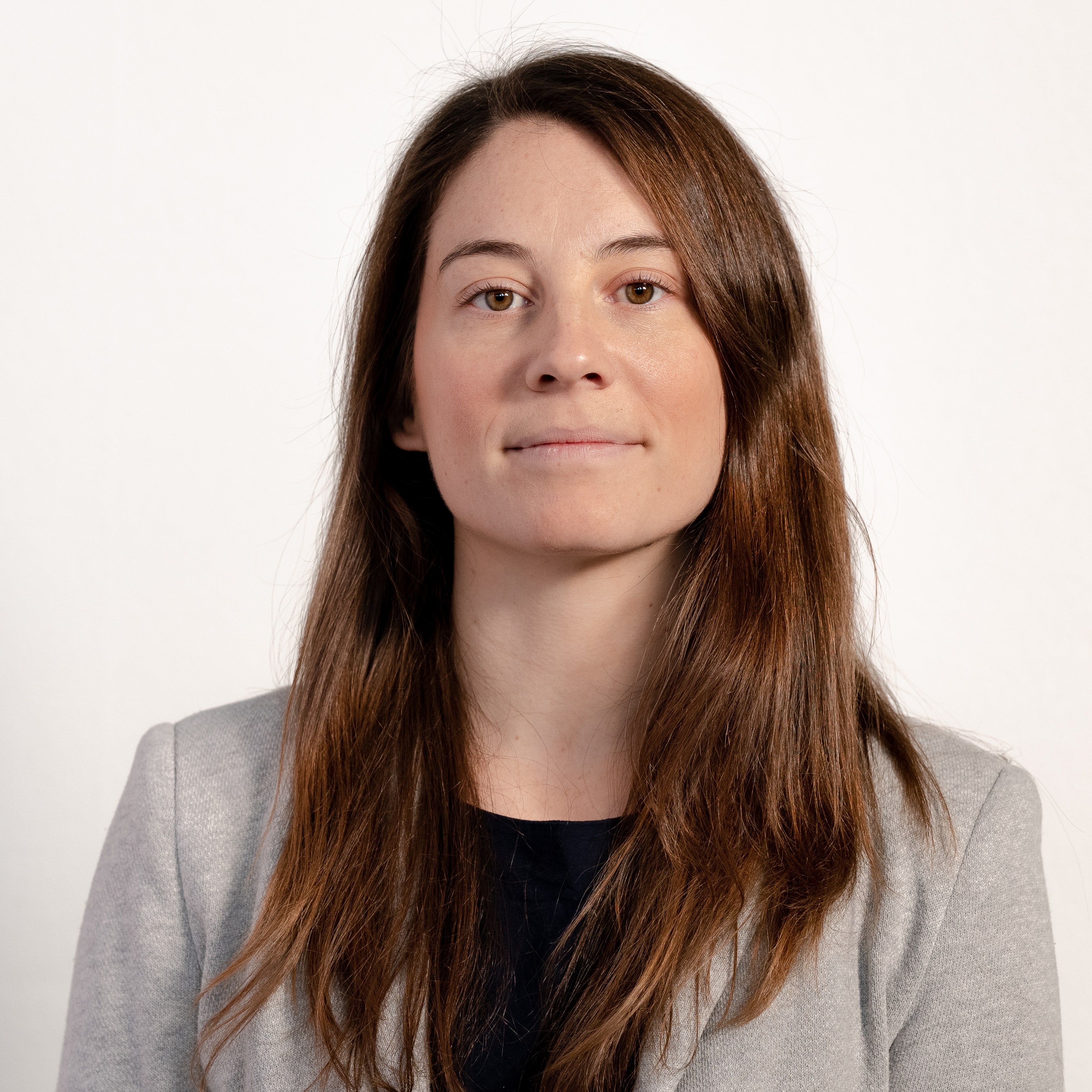
Beatrice Cantoni
Teacher
Junior Assistant Professor in Environmental-Sanitary Engineering (Department of Civil and Environmental Engineering, DICA) at Politecnico di Milano. She got her Ph.D. cum laude in Environmental Engineering in 2021 at Politecnico di Milano where she stayed for her Post-Doc. Visiting Ph.D. student at German Environmental Protection Agency and TU Berlin (Berlin) and KWR (The Netherlands) in 2019 and visiting Post-Doc scholar at University of Western Ontario, London Ontario (Canada) in 2022. Her research focuses on the performance assessment of several technologies (e.g. ozonation and adsorption) for emerging contaminants removal in drinking water and tertiary wastewater treatment. Moreover, she combines emerging contaminants fate modelling with Quantitative Chemical Risk Assessment for safe drinking water supply and wastewater reuse practices. She is also Vice-Chair of the Italian Young Water Professionals network of the International Water Association. SCOPUS papers (Update: April 2023): papers: 8, number of citations: 114, H index: 5.
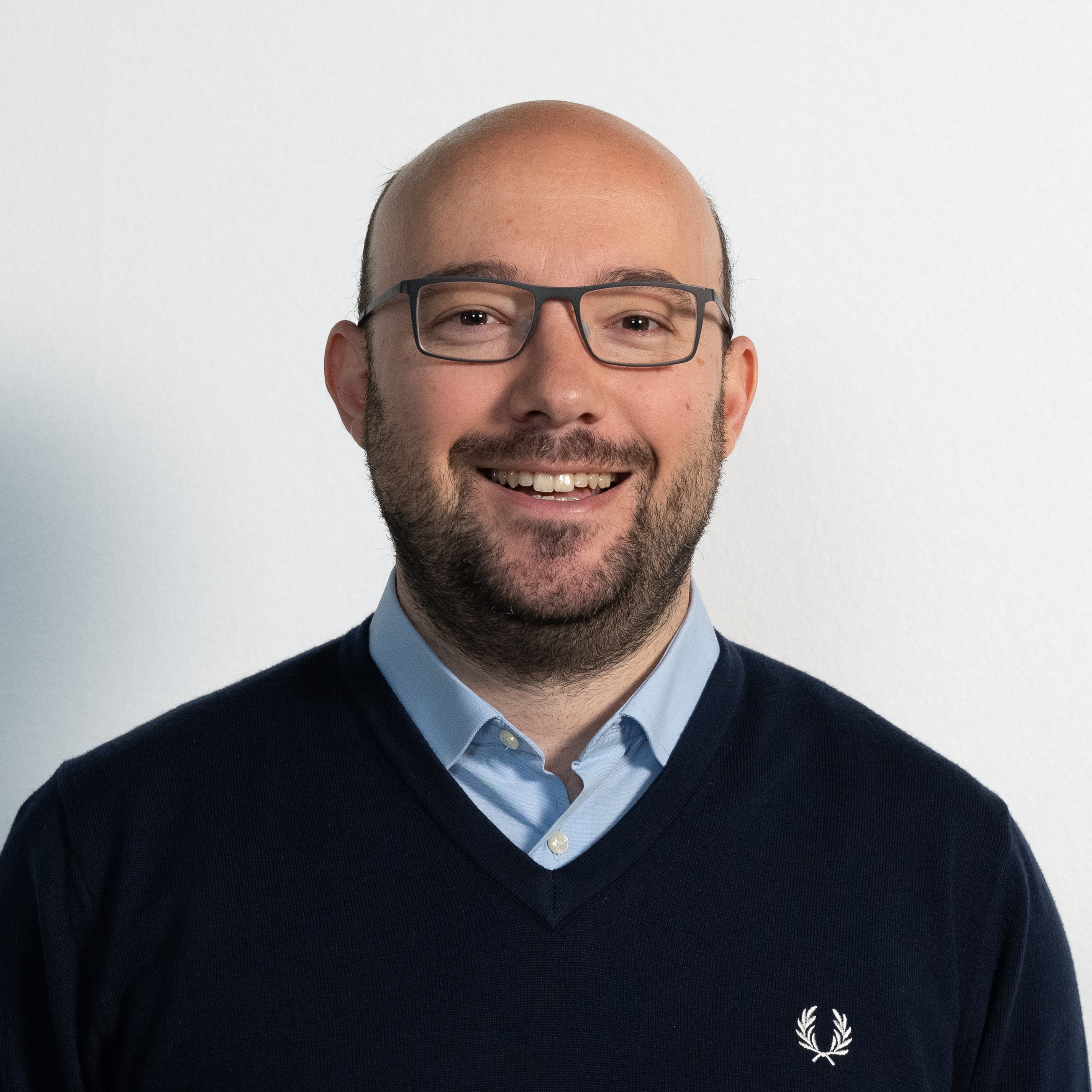
Marco Carminati
Teacher
Associate Professor of Electronics at Politecnico di Milano, Italy. He received B. Sc., M. Sc. and Ph.D. in Electronics Engineering, magna cum laude from Politecnico di Milano, in 2003, 2005 and 2009 respectively. In 2008 he was awarded a Progetto Roberto Rocca Fellowship and spent a semester at MIT (USA) as a visiting student working on microfluidics. From 2010 to 2015 he was postdoc researcher in the group of prof. Marco Sampietro contributing to the invention of original micro-sensors based on high-resolution impedance detection for silicon photonics and environmental monitoring. From 2016 to 2021 he was Assistant Professor and is now Associate Professor focusing on low-noise nuclear electronics, with applications spanning from medical imaging to neutrino physics and environmental monitoring. He has co-authored 250+ peer-reviewed international publications (3000 citations, h-index = 28 in Google Scholar), holds 6 patents and was awarded 3 best paper awards at IEEE conferences. He is IEEE Senior member and serves as Associate Editor of IEEE TBioCAS and Trans. AgriFood Electronics.
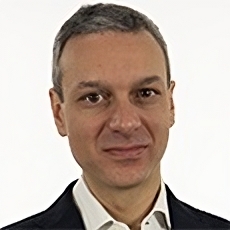
Eugenio Morello
Teacher
An architect by education, Eugenio Morello is an Associate Professor in Urban Planning and Design at Polimi and coordinator and research scientist at the ‘Laboratorio di Simulazione Urbana Fausto Curti’, Department of Architecture and Urban Studies (Dastu). For the department, he is the principal investigator of several European projects. In the period 2017 – 2022, he was the Rector’s Delegate for environmental sustainability and responsible for institutional projects toward a sustainable campus. His research interest is situated in the interplay between urban design and environmental quality, climate design, resilience, and adaptation to climate change. He investigates the integration of environmental aspects and energy transition solutions for the design of sustainable communities and cities toward the closing of energy and environmental cycles. In particular, he focuses on the assessment of environmental resources and renewable sources generation and their spatial implications at the local and regional scale. He is also working on strategic planning for sustainability and localizing Sustainable Development Goals (SDGs) in master-planning design schemes and Higher Education Institutions. More recently, his research work has opened new insights on the topic of collaborative consumption and sharing society and how these new paradigms can inform urban governance, planning, urban design, and co-design approaches.
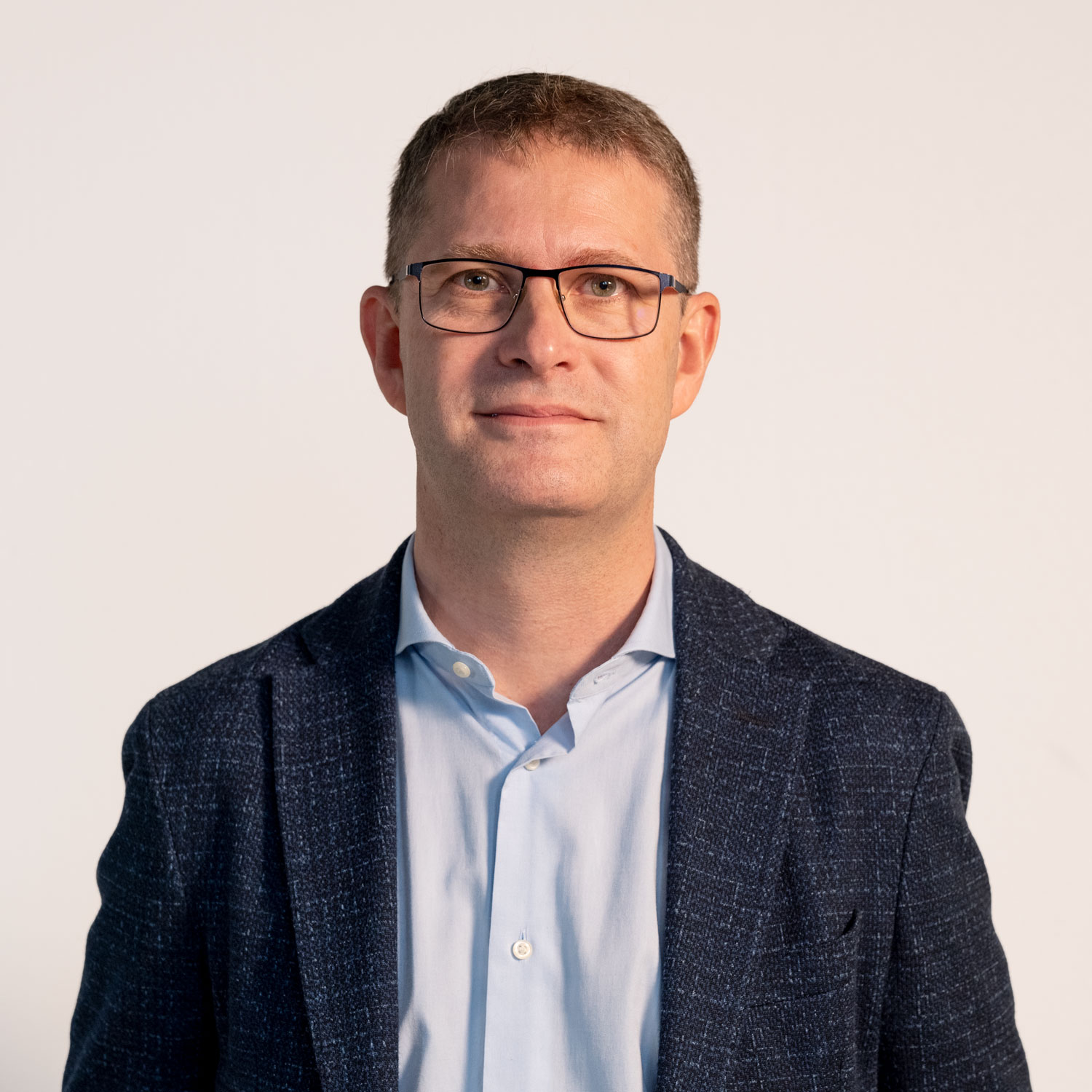
Carlo Punta
Teacher
Carlo Punta obtained his Phd in Industrial Chemistry and Chemical Engineering in 2005 at Politecnico di Milano. He was an invited researcher at Vanderbilt University, in Nashville, TN (USA), in 2003, and at University of Ottawa (CA), in 2016. Since 2021 he is Full Professor in Foundations of Chemistry for Technologies at the Department of Chemistry, Materials and Chemical Engineering “Giulio Natta” of Politecnico di Milano. His main research interests concern the functionalization and processing of polysaccharides, including cellulose and nanocellulose, both for the synthesis of new additives for packaging and (bio)building constructions, and for the design and production of nanostructured organic and ceramic materials to be used as sorbent units for environmental remediation (water, air, and soil), sensors, heterogeneous catalysts, and drug and phytochemical delivery systems. The synthesis of these materials follows the rules of the circular economy and of the eco-design. He is co-author of more than 116 original peer-reviewed international papers indexed in Scopus (number of citations: 3740, H index: 34 (December 2022)), 11 book chapters, and co-inventor of 10 patent applications.
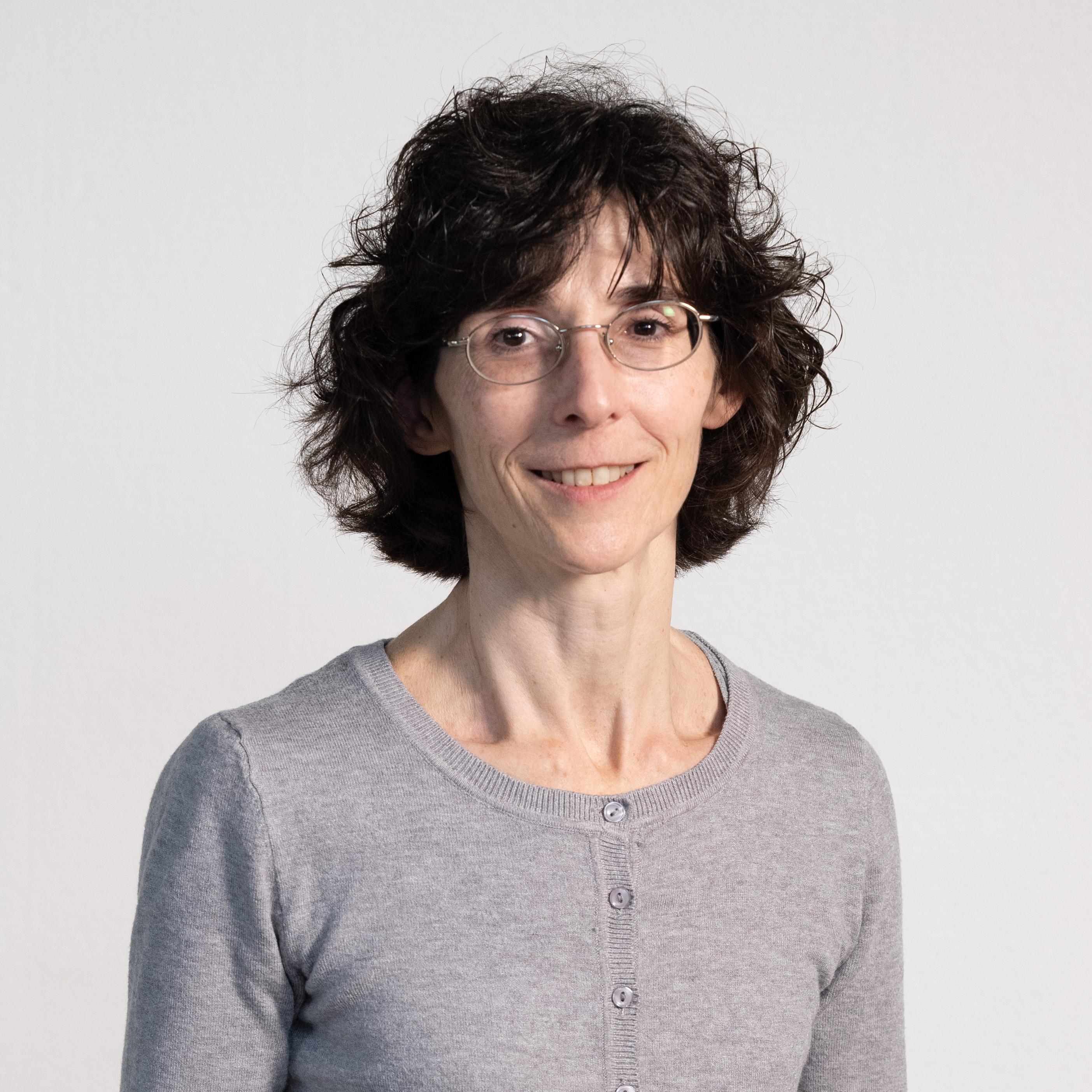
Sabrina Saponaro
Teacher
Associate Professor in Environmental-Sanitary Engineering at Politecnico di Milano. Studies and Academic career: a) Degree cum laude in Physics at the University of Milan (March 1993); b) Ph.D. in Environmental-Sanitary Engineering at Politecnico di Milano (February 1999); c) Assistant Professor at Politecnico di Milano (January 2004 - April 2016); d) Associate Professor at Politecnico di Milano (since May 2016). Teacher at Politecnico di Milano of Soil Remediation (since 2002). Member of the Department Scientific Board since 2010. She has been working at Politecnico di Milano on Environmental-Sanitary Engineering topics since 1996. She works on fate and transport problems of inorganic and organic pollutants in soil and groundwater, health and environmental risk assessment, in situ and ex situ remediation techniques for polluted groundwater, soil and sediments. Full list of significant publications at Orcid. Bibliometric Indexes (Scopus, December 2022): publications 41; citations 968 by 909 papers; H-index 14. 1 patent.
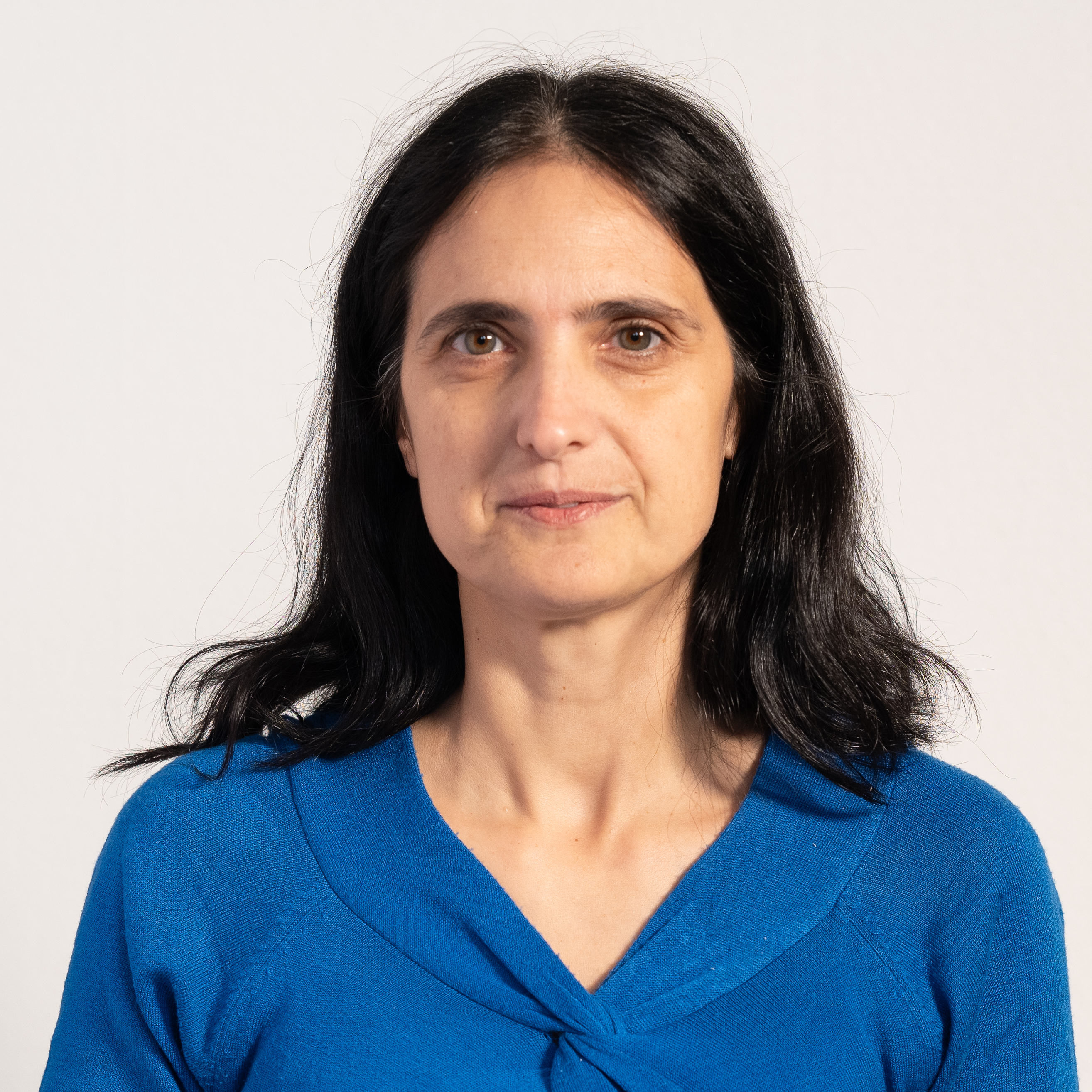
Elena Sezenna
Teacher
Assistant professor at Politecnico di Milano - DICA, civil and environmental engineering department since 2012. She received M. Sc. and Ph.D. in Environmental Engineering from Politecnico di Milano, in 2000 and 2004, and up to 2008 held a post-doc research grant. In the period 2009-2011 she worked as environmental risk assessor and consultant for the Amec Earth and Environmental environmental and engineering consulting firm. Her research interests include human health and environmental risk assessment and technologies for remediation and management of polluted groundwater, soil and sediments, with experimental studies on biological, physical and chemical techniques, including bioelectrochemical systems. Co-author of 90+ scientific products (21 Scopus indexed), number of citations: 590, H index: 9.
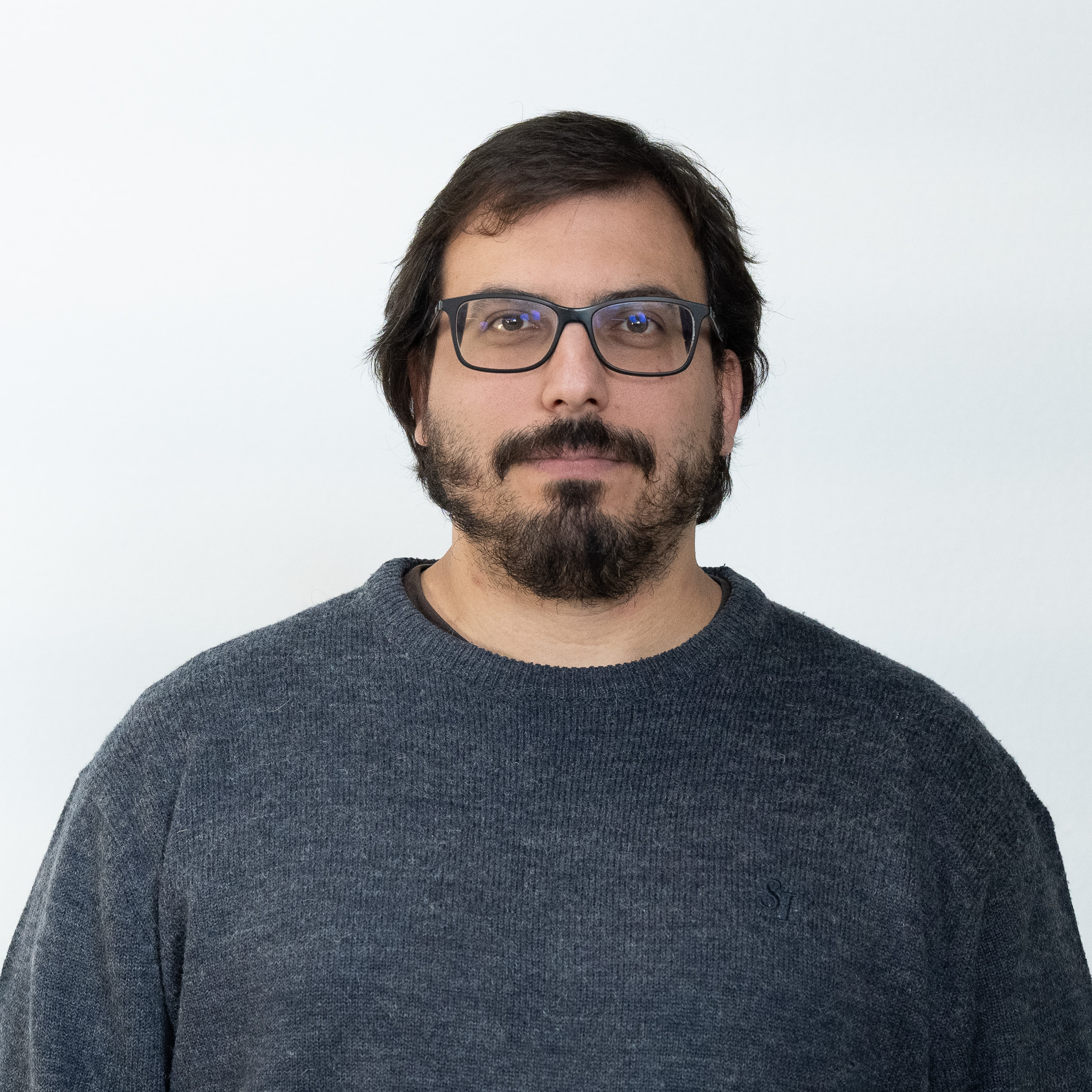
Francesco Trovò
Teacher
Assistant Professor at Politecnico di Milano, DEIBI since 2020, got the Scientific National Qualification for Associate Professor from 2021. Got the PhD in Information Technologies in 2015, he has been a PostDoc working on the field of Artificial intelligence (AI) since then. His research focuses on the application of Machine Learning algorithms, in particular Online Learning ones, to Microeconomics scenarios. In the past few years, his research also explored the application of AI techniques to the health and environmental fields through the collaboration with the Istituto Nazionale dei Tumori di Milano and the DICA department, respectively. Co-author of 50+ scientific products. Scopus papers: 36, number of citations: 235, H index: 9 (December 2022).
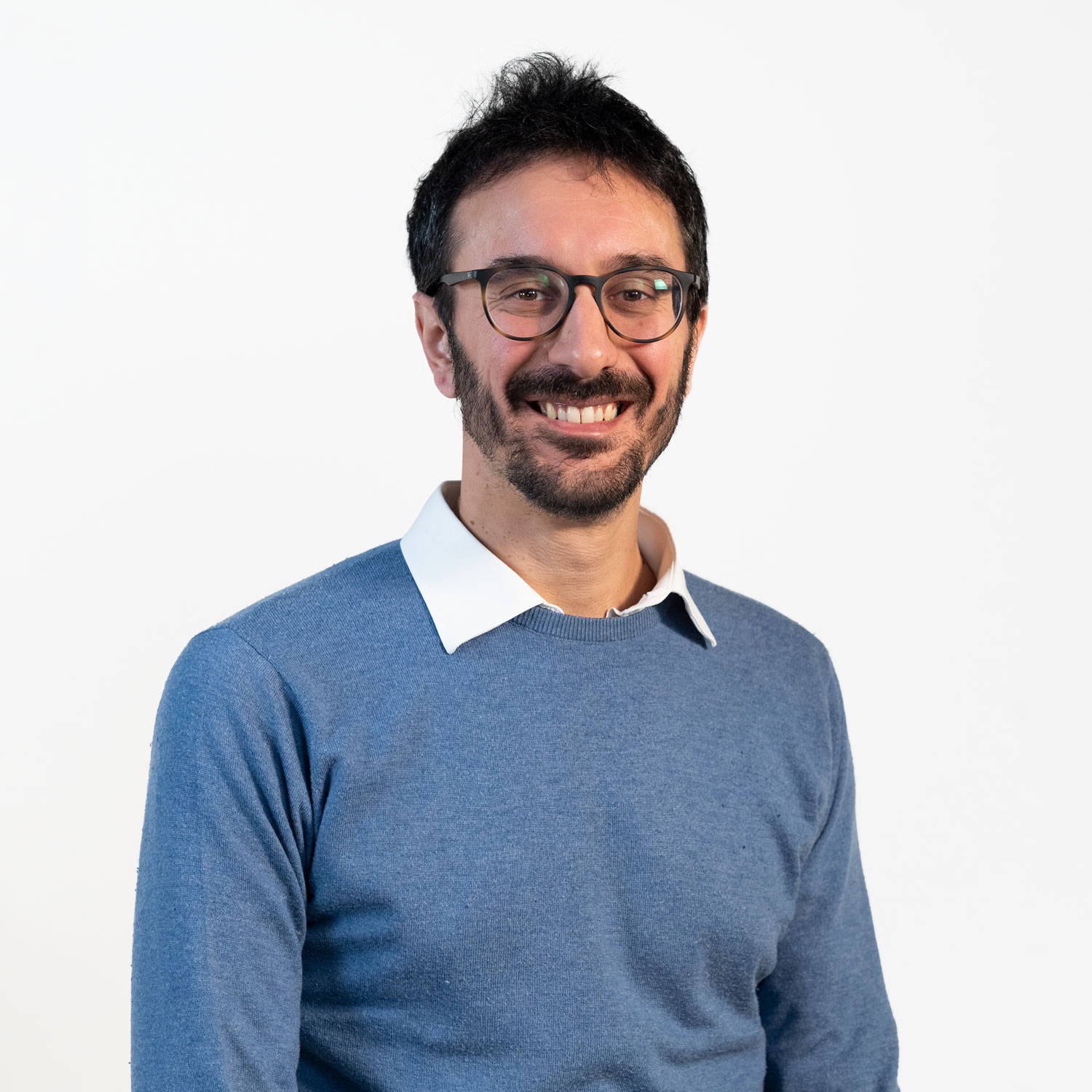
Andrea Turolla
Teacher
Assistant Professor at the Department of Civil and Environmental Engineering of Politecnico di Milano. He obtained his Ph.D. in Environmental and Infrastructure Engineering at Politecnico di Milano in 2014. He was visiting researcher at University of Western Ontario (Canada) and Duke University (USA), while he was seconded researcher at Trojan Technologies (Canada) and Flubetech (Spain). His research focuses on the development of innovative concepts and technologies for water and wastewater treatment, with a special focus on resource recovery and a recent interest towards the agri-food sector. SCOPUS papers: 63, number of citations: 951, H-index: 19 (January 2022).
Contact details
If you have any enquiries about the course or if you need technical assistance please contact pok@polimi.it. For further information, see FAQ page.